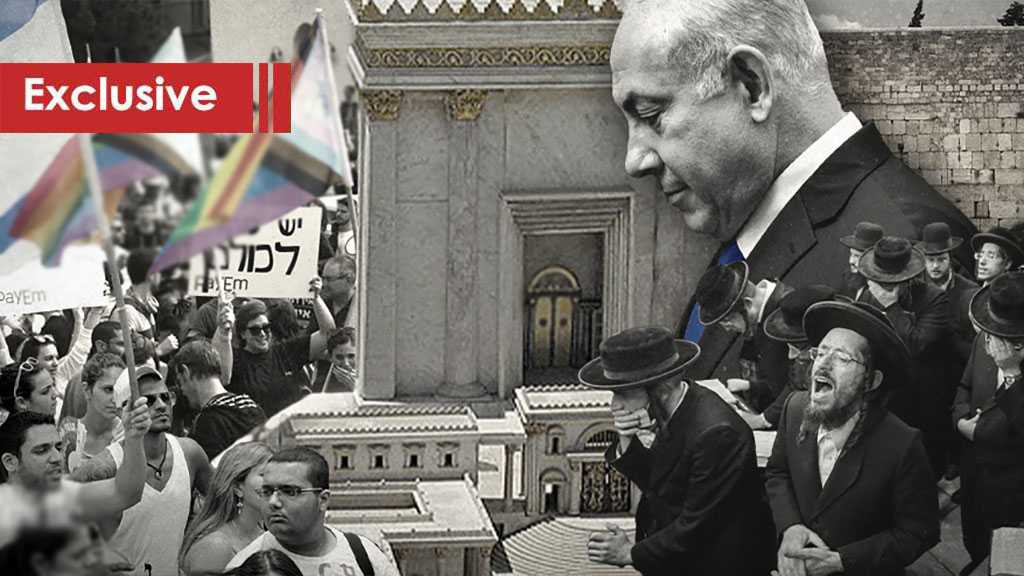
US and “Israel” in Trouble?

The White Big Elephant was in the room, he just did not see it, or actually never wanted to see it. The Egyptian ousted President Husni Mubarak, after three decades of causing and ignoring the sufferings of millions of Egyptians finally decided to step down.
Yes, he did... and so did the Vice President Omar Suleiman, who was supposed to be his successor, his excellent student of autocracy and despotism and "Israel's" number one nominee...or shall we call him the Runner Up of Mubarak's regime New Face contest?!
The world celebrated on the Freedom Friday, Egypt was vivid and victorious. But as expected "Israel" and a few of its supporters worried on an issue, to them of critical importance: Will the evolving new government continue to honor the 1979 treaty with "Israel"?
Mubarak maintained a cold peace with "Israel" and helped isolate the Gaza Strip; these were certainties and now face challenge.
For the Egyptians, the three decades encompassed years of oppression, corruption and poverty; but for the U.S., Mubarak was an anchor of stability at the helm of the world's largest Arab nation, enforcing a peace treaty with "Israel" and protecting vital U.S. interests, but today might be a new day to Egypt, and the staring of an end to "Israel".
The US was the first to voice concern over the stability of "Israel". The White House on Friday called on the new authorities in Egypt to honor existing peace agreements with "Israel" after the stepping down of Husni Mubarak.
"It is important the next government of Egypt recognize the accords that have been signed with the government of "Israel"," White House spokesman Robert Gibbs said in a statement.
Also, Ray Takeyh of the US Council on Foreign Relations, he said that the Arab-"Israeli" peace process and the integration of "Israel" into the regional order could be a "casualty" of the democratic epoch.
Another voice of support to "Israel" came from German Chancellor Angela Merkel. She hailed the "historic change" in Egypt, but urged the new leadership to respect the 1979 peace treaty with "Israel", reiterating that "those now in charge should ensure that developments were "irreversible and peaceful" and that "Israel's" security remain guaranteed.
On his part, Canada's Prime Minister Stephen Harper said Friday he hoped a new Egypt will respect old peace treaties following President Hosni Mubarak's departure.
Officials in "Israel" have expressed worry that Mubarak's successors might distance themselves from the peace treaty between the two Egypt and the Zionist state.
"We hope that the change to democracy in Egypt will happen without violence and that the peace accord will remain," sources reported an official saying.
Also, Zvi Mazel, a former "Israeli" ambassador to Egypt. "As long as we had Mubarak, there was no void in our relations with the region. Now we're in big trouble."
"From this day on, I only have lots of questions about what will be, what will be the fate of the peace treaty between us and the Egyptians? And how will this affect the entire region?" former "Israeli" war Minister Binyamin Ben Eliezer told an "Israeli" TV channel.
Amid the joy of the people around the world in the victory of the White revolution, the US and "Israel" fear the loss after its staunchest Arab ally and the coming of a new government, a new regime that would consider annulling a peace treaty, breaking the Gaza siege or even less than all that, slightly harming the US-"Israeli" interests in the region.



